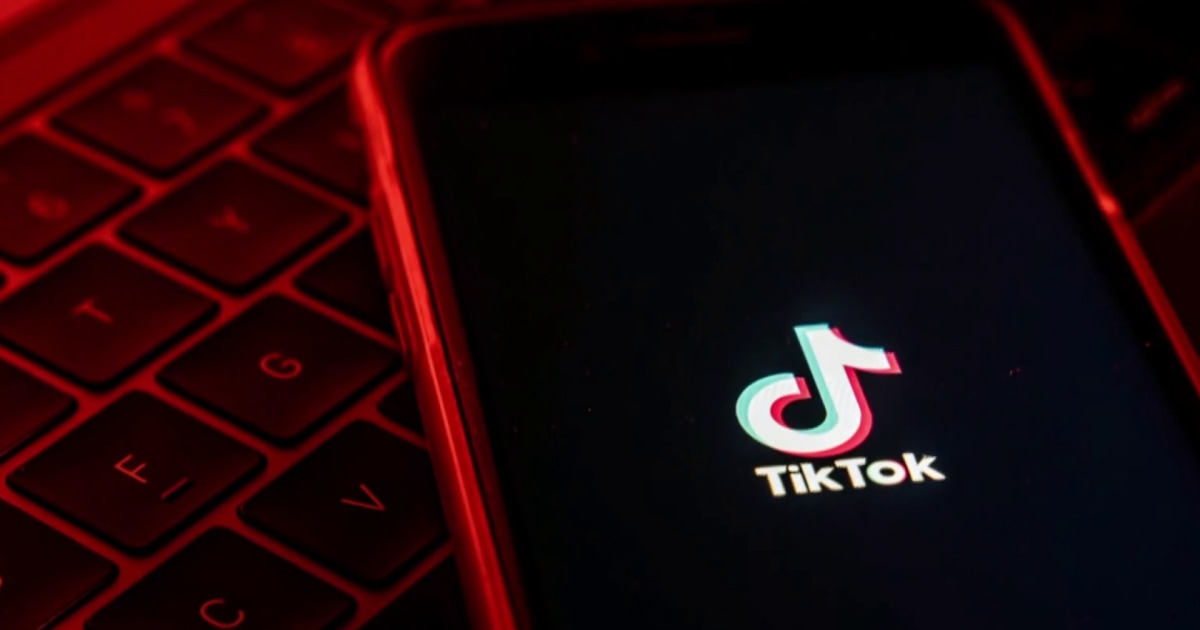Supreme Court’s Landmark Decision: What the TikTok Ban Means for the Future of Social Media
The recent ruling by the Supreme Court to uphold the TikTok ban marks a pivotal moment in the realm of social media regulation. As concerns over data privacy and national security intensify, this decision may set a significant precedent for how platforms are governed in the digital age. The TikTok ban is not merely a reflection of a single app’s standing; it embodies broader anxieties about data security, the influence of foreign technology, and the regulatory powers of the U.S. government.
The Context of the Ban
Initially, the TikTok ban emerged amid fears that the Chinese-owned platform could share user data with the Chinese government, posing a potential threat to national security. The app, which has become a cultural phenomenon, particularly among younger users, faced intense scrutiny from lawmakers and national security experts. The Trump administration attempted to impose a ban in 2020, arguing that it could be used for espionage, leading to ongoing legal battles that have now culminated in this Supreme Court decision.
This ruling signals a shift toward a more aggressive stance on digital privacy and security, where the government is willing to take significant actions against platforms deemed risky. The implications of this ruling could resonate far beyond TikTok itself, influencing how other social media platforms operate and are regulated.
The Implications of the Supreme Court’s Decision
With the Supreme Court’s endorsement of the TikTok ban, several crucial implications emerge for the future of social media:
- Increased Regulatory Scrutiny: Other social media platforms may now face heightened scrutiny regarding their data practices. Platforms like Facebook, Instagram, and Snapchat could be compelled to reassess their data collection and privacy policies.
- Precedent for Future Bans: The decision sets a legal precedent that could pave the way for further bans on apps or services perceived as threats to national security, regardless of their popularity.
- Impact on Users: For TikTok users, this ban could lead to the loss of a beloved platform, affecting their ability to connect and share content. Creators who rely on TikTok for income face uncertainty and may need to pivot to other platforms.
- Innovation vs. Regulation: Startups and tech companies may find it increasingly challenging to innovate amidst a landscape where government regulation is tightening. This could stifle creativity and lead to a risk-averse approach to developing new apps.
What This Means for Data Privacy
The Supreme Court’s ruling is a clarion call for data privacy advocates and advocates of digital rights. The ruling underscores the importance of robust data privacy regulations, as the justifications for the ban centered on the potential misuse of user data. This has led to a growing call for comprehensive data privacy laws that would protect users across all platforms.
In the wake of the decision, we may see movements toward stronger legislation regarding data collection, storage, and sharing practices. For example, the introduction of laws similar to the General Data Protection Regulation (GDPR) in Europe could gain traction, promoting transparency and user control over personal information.
The Broader Landscape of Social Media Regulation
As the TikTok ban sets the stage for future actions, it prompts a reevaluation of how social media is governed globally. Countries around the world are grappling with similar issues regarding the influence of foreign tech companies and the safety of user data. The U.S. decision could inspire other nations to adopt stricter regulations, potentially leading to a fragmented global internet.
Moreover, the ruling might encourage platforms to take proactive measures to ensure compliance with potential regulations. Social media companies could prioritize user privacy as a core component of their business strategy, fostering a culture of accountability that aligns with user expectations.
The User Perspective
From the user standpoint, the decision to uphold the TikTok ban raises critical questions about freedom of expression and the role of social media in society. TikTok has become a significant platform for expression, creativity, and social connection, particularly among younger generations. The abrupt removal of such a platform could lead to feelings of disenfranchisement among users who have built communities and livelihoods on it.
Additionally, the ban may spark a conversation about the responsibility of users to be informed about the platforms they use. As users become more aware of the implications of their data being collected and shared, there may be a shift towards demanding greater transparency and accountability from all social media platforms.
Future Trends in Social Media
As we look ahead, the TikTok ban and the Supreme Court’s decision might catalyze several trends in the social media landscape:
- Decentralization: Users may gravitate towards decentralized platforms that prioritize user privacy and data ownership, reducing dependency on major tech companies.
- Emergence of Privacy-Focused Alternatives: New platforms that emphasize user data protection could gain popularity, appealing to users disenchanted by the practices of mainstream platforms.
- Increased Advocacy for Digital Rights: The ruling could mobilize advocacy groups focused on digital rights, pushing for legislation that protects user privacy and freedom of expression.
Conclusion
The Supreme Court’s landmark decision to uphold the TikTok ban is a watershed moment in the evolution of social media regulation. As concerns about data privacy and national security grow, this ruling not only affects TikTok but also sets a precedent that could reshape the entire social media landscape. The future will likely see a blend of increased regulation, demands for privacy, and the emergence of new platforms that prioritize user rights. As we navigate this new terrain, it is imperative for users, lawmakers, and tech companies to engage in meaningful dialogue about the balance between security and freedom in the digital age.
See more Future Tech Daily

